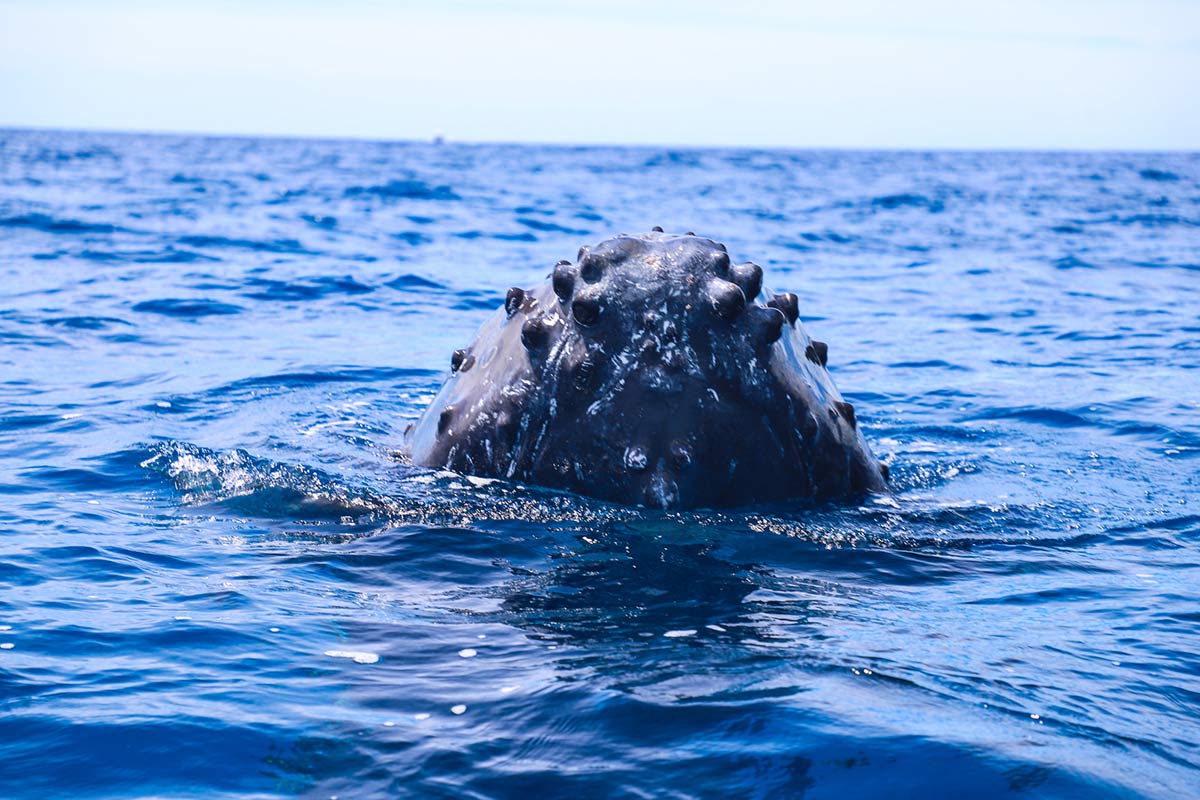The Life Stages of Whales
1. Infancy
Whales are born as small, helpless calves entirely dependent on their mothers. They grow rapidly within the first few months of life.
2. Adolescence
As they grow, young whales become more adventurous, exploring their environment and learning survival skills.
3. Adulthood
In adulthood, whales reach full maturity and can mate to produce offspring. Some species can live for over 100 years, with the oldest recorded being a bowhead whale aged over 200 years.

